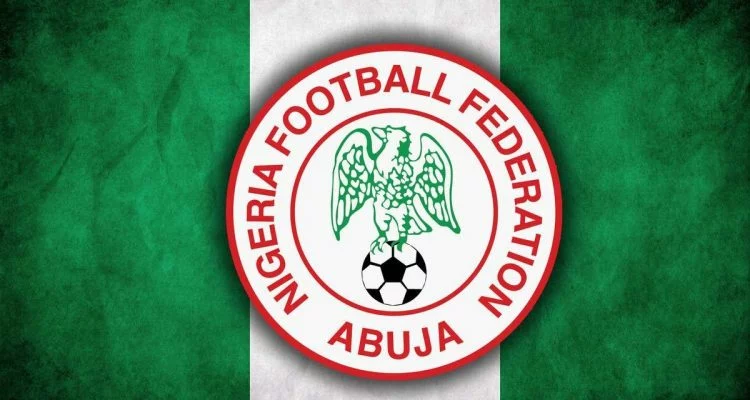NFF Sparks Controversy With Re-appointment Of General Secretary.
The Nigeria Football Federation (NFF) has courted controversy with its decision to re-appoint Mohammed Sanusi as General Secretary for another three-year term, defying both presidential directives and civil service regulations. The move has raised questions about governance and accountability within Nigerian football.
Sanusi, who has held the position since 2015, has faced allegations of corruption, mismanagement, incompetence, and nepotism throughout his tenure. Despite expectations that his term would conclude, the NFF extended his contract from 1 January 2025 to 31 December 2027, a decision that has been met with widespread criticism.
Observers argue that Sanusi’s re-appointment prioritises personal interests over the welfare of Nigerian football. The controversy also poses a challenge for the recently established National Sports Commission (NSC), which was tasked with restructuring the NFF’s leadership to drive efficiency and reform.
Traditionally, the role of General Secretary in the NFF was filled through secondment from the Sports Ministry. However, in recent years, it has evolved into a contract-based position aimed at attracting highly qualified candidates. Nonetheless, public service rules limit such appointments to a maximum of four years, raising concerns about the legality of Sanusi’s extended tenure.
The decision also conflicts with the Federal Government’s emphasis on fairness, transparency, and federal character in public appointments. Stakeholders within the sports sector have called for a renewed focus on governance, accountability, and leadership to ensure Nigerian football thrives under ethical and capable management.
The Presidency has previously directed the reorganisation of the NFF, signalling the urgent need for change. As the situation develops, many are watching to see whether the NFF and NSC will take steps to prioritise the long-term interests of Nigerian football over entrenched practices.
This controversy underscores the critical need for transparency and strong leadership to restore public confidence in the management of Nigerian football.



